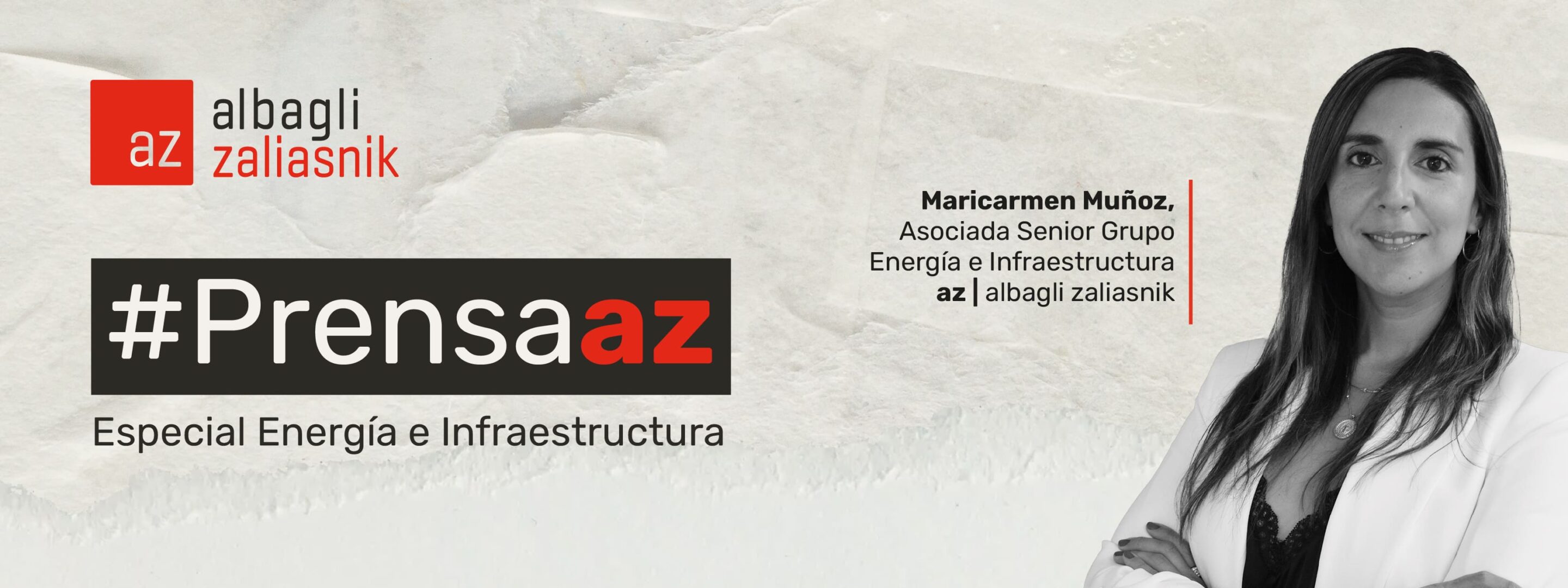Our Senior Associate from the IP, Tech and Data Group, Antonia Nudman, spoke with Diario Financiero about the challenges Artificial Intelligence poses for Copyright.
The difficulty in identifying the existence and ownership of rights over products generated using generative artificial intelligence (AI) tools has sparked controversy, particularly regarding the protection of intangible assets through copyright.
The use of generative artificial intelligence to create text, audio, image, and video content is becoming increasingly common in Chile and worldwide. However, while creators supply the material that fuels the AI-generated content market, a study conducted by PMP Strategy for the International Confederation of Societies of Authors and Composers reveals that musicians could lose 24% of their income and audiovisual creators 21% by 2028 due to the impact of this technology.
One of the main challenges AI poses for copyright law is “the difficulty in identifying the existence and ownership of rights over products generated using AI tools, especially when these systems rely on the unauthorized use of third-party works that are currently protected,” explains Claudio Ossa, Head of the Intellectual Rights Department (DDI). He highlights the use of copyrighted material for AI training and the development of technological alternatives that support creative activities.
This perspective is shared by Juan Antonio Durán, General Director of the Chilean Society of Authors and Music Performers (SCD), who asserts that “the main issue with these platforms is that they do not seek authorization, they do not provide compensation, and they operate independently, which clearly disregards the work of those who created the works these platforms are using as input.”
In Chile, copyright is firmly established. While current regulations require that the use of copyrighted works be backed by the authorization of the rights holder, “in practice, there are no formal channels to monitor their use for AI training purposes,” says Antonia Nudman, Senior Associate at the IP, Tech and Data Group of Albagli Zaliasnik (az). She adds that this has been one of the most debated topics in the proposed AI regulation bill, which is currently being processed in Congress.
“There is substantial evidence of copyright violations due to the unauthorized reproduction of works, but it is complex to assert that this will always happen in every case,” adds Michelle Azuaje, a professor at Universidad Alberto Hurtado’s Law School. She emphasizes that creators “live off their work, just like any of us”, and their income could be affected by tools that disregard their rights, potentially leading industries to “dispense with creators altogether.”
Regulatory Changes
The original version of Chile’s AI bill proposed an exception allowing the “use of works without the rights holder’s authorization for training purposes, provided that such use did not constitute covert exploitation of the protected work,” explains Nudman. However, amendments introduced by the government in October last year modified the wording, stating that the use of legally published works for non-profit text and data mining and research is permissible.
From her perspective, it is crucial that these requirements be flexible enough to align with reality, as “in practice, it is unfeasible to request authorization for each work used to train AI systems.” She points out that Japan and the United Kingdom have already made progress in regulating this issue.
Ossa suggests some necessary modifications to address this challenge, such as explicitly defining the concept of “author” in the law, ensuring that only human beings can hold this status. Additionally, it is necessary to establish clear limitations on the use of protected works for AI training, implement compensatory mechanisms for authors when their works are used to train AI for commercial purposes, and define specific requirements to determine when human intervention in AI-generated content is significant enough to generate copyright.
Nudman highlights that there is international consensus that an AI system cannot be considered the author or creator of a work, as this status can only be attributed to natural persons. Therefore, the current focus is on granting ownership of rights to the natural person who created the AI system.


